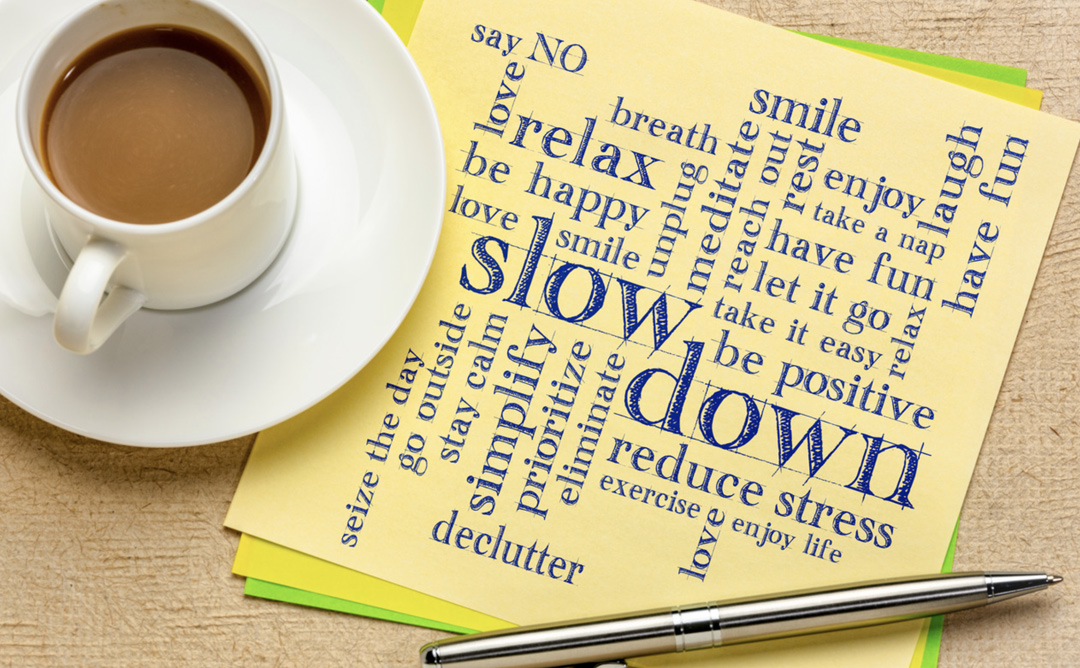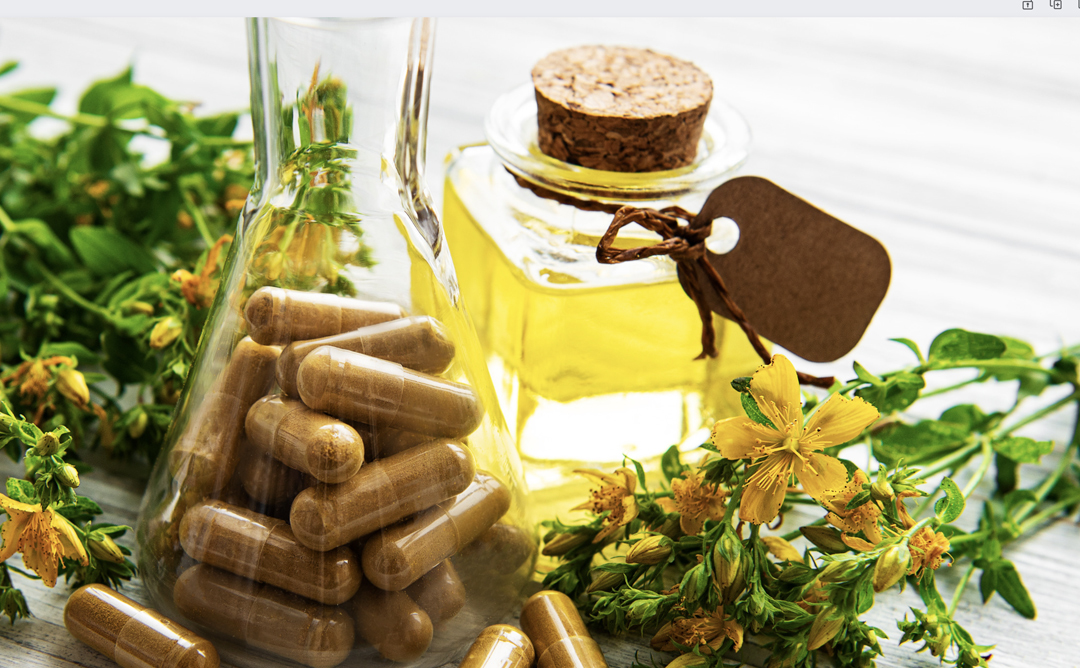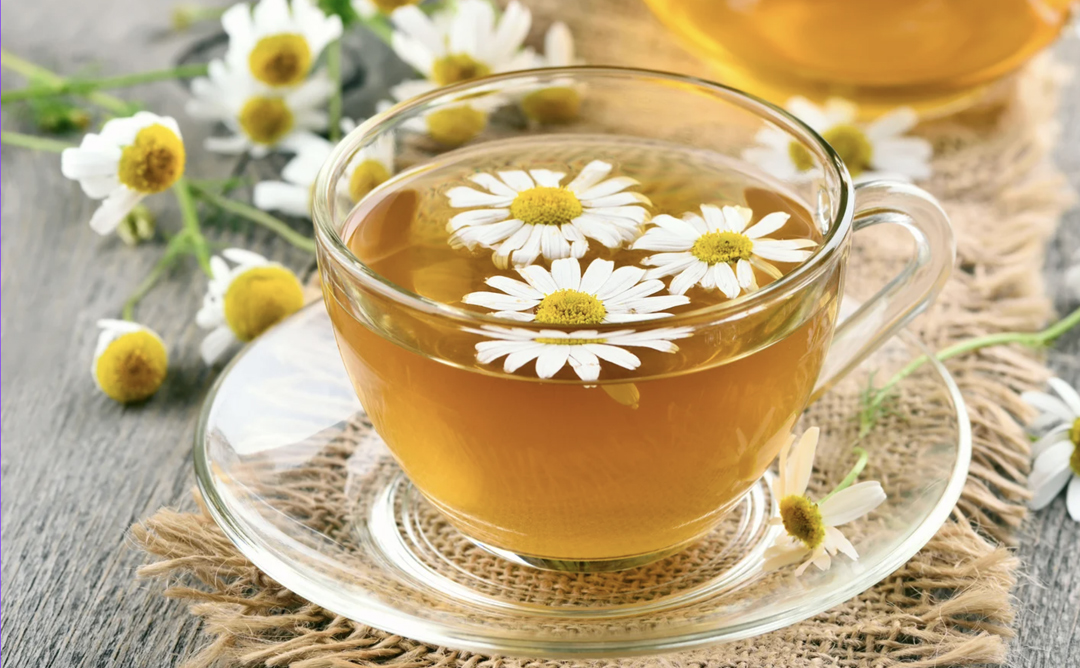Harnessing the Power of Nature With Redwood Oil

Harnessing the Power of Nature: Redwood Oil for Anxiety
If you haven’t yet experienced the wonders of redwood oil, you’re in for a treat! This blog is your gateway to unlocking its incredible benefits. From its luxurious feel to its captivating aroma, redwood oil truly excels in every aspect. Personally, I’ve found it to be a game-changer for managing anxiety and soothing troublesome skin conditions like eczema and rosacea
Let’s face it, in today’s fast-paced world, anxiety has become an all-too-common companion for many. While pharmaceuticals offer relief for some, others seek natural alternatives that align with their holistic approach to well-being. Enter redwood oil—a lesser-known gem derived from the ancient giants of the forest. Let’s explore how this natural remedy compares to anti-anxiety medication in the quest for tranquility and inner peace.
Redwood Oil: Nature’s Soothing Elixir
Derived from the majestic redwood trees that have stood tall for centuries, redwood oil boasts an impressive array of benefits for anxiety relief:
1. Natural Calming Properties: Redwood oil contains compounds known to promote relaxation and reduce feelings of stress and anxiety. Its earthy aroma has a grounding effect on the mind, helping to ease racing thoughts and promote mental clarity.
2. Gentle on the Body: Unlike pharmaceuticals, which may come with a host of side effects, redwood oil offers a gentle and natural approach to anxiety relief. It is well-tolerated by most individuals and unlikely to cause adverse reactions.
3. Holistic Wellness: Redwood oil not only addresses the symptoms of anxiety but also supports overall well-being. Its antioxidant and anti-inflammatory properties contribute to physical health, while its grounding aroma nurtures emotional balance.
4. Environmental Sustainability: By choosing redwood oil, individuals can support sustainable forestry practices and the preservation of ancient redwood ecosystems, aligning with values of environmental stewardship and conservation.
Redwood Oil: Other Amazing Benefits
1. Anti-Inflammatory Properties: Redwood oil contains compounds that possess anti-inflammatory properties, making it beneficial for reducing inflammation in the body and easing symptoms of conditions such as arthritis and muscle soreness.
2. Antioxidant Effects: Rich in antioxidants, redwood oil helps neutralize free radicals and oxidative stress, thereby protecting cells from damage and supporting overall health and longevity.
3. Skin Health: Redwood oil is renowned for its nourishing properties, promoting skin hydration, elasticity, and vitality. It can help soothe dry, irritated skin, minimize the appearance of wrinkles and fine lines, and enhance overall complexion.
4. Wound Healing: Due to its antimicrobial and regenerative properties, redwood oil can aid in the healing of minor wounds, cuts, and abrasions. It helps promote tissue repair and reduces the risk of infection.
5. Respiratory Support: Inhalation of redwood oil vapor may help alleviate respiratory symptoms such as congestion, cough, and bronchial discomfort. It can support clear breathing and respiratory health.
6. Natural Deodorant: Redwood oil has a pleasant, woodsy scent that can act as a natural deodorant, neutralizing body odor without the use of harsh chemicals or synthetic fragrances.
7. Hair Care: Incorporating redwood oil into hair care routines can help nourish the scalp, strengthen hair follicles, and promote healthy hair growth. It may also help improve the appearance of dry or damaged hair.
8. Environmental Sustainability: When sourced responsibly, redwood oil production supports sustainable forestry practices and the preservation of ancient redwood ecosystems, contributing to environmental conservation efforts.
Anti-Anxiety Medication: The Pharmaceutical Approach
While anti-anxiety medication can provide relief for some, it’s essential to consider the potential drawbacks:
1. Side Effects: Many anti-anxiety medications come with a range of side effects, including drowsiness, dizziness, and cognitive impairment. These effects can impact daily functioning and quality of life.
2. Risk of Dependency: Some anti-anxiety medications have the potential for dependency and withdrawal symptoms, making them less desirable for long-term use.
3. Individual Variability: Response to anti-anxiety medication can vary widely among individuals, and finding the right medication and dosage may require trial and error.
4. Limited Holistic Benefits: While medication may alleviate anxiety symptoms, it may not address the underlying causes or promote overall well-being in the way that natural remedies like redwood oil can.
In the quest for anxiety relief, both redwood oil and anti-anxiety medication offer potential benefits. However, for those seeking a gentle, holistic approach that honors the body and the environment, redwood oil stands out as a natural ally. By harnessing the power of nature’s soothing elixir, individuals can find tranquility and inner peace, supporting their journey towards holistic wellness.
As with any natural remedy or medication, it’s essential to consult with a healthcare professional to determine the best approach for individual needs and circumstances. Whether it’s through the calming aroma of redwood oil or the guidance of pharmaceuticals, may each person find the path that leads to a sense of serenity and well-being. So many benefits! No excuse not to try it out! Here is the brand I love: https://chikybotanica.com/products/wildcrafted-redwood-oil – We are not affiliated with them yet, but it is just amazing.
Join Our Facebook Group
Disclaimer: We are an affiliate of many companies, which means that we may receive a commission if you click on our affiliate link and make a purchase. However, this does not affect our reviews and comparisons. We strive to provide honest opinions and recommendations based on our own experiences and research. Any product claim, statistic, quote, or other representation about a product or service should be verified with the manufacturer, provider, or party in question.





